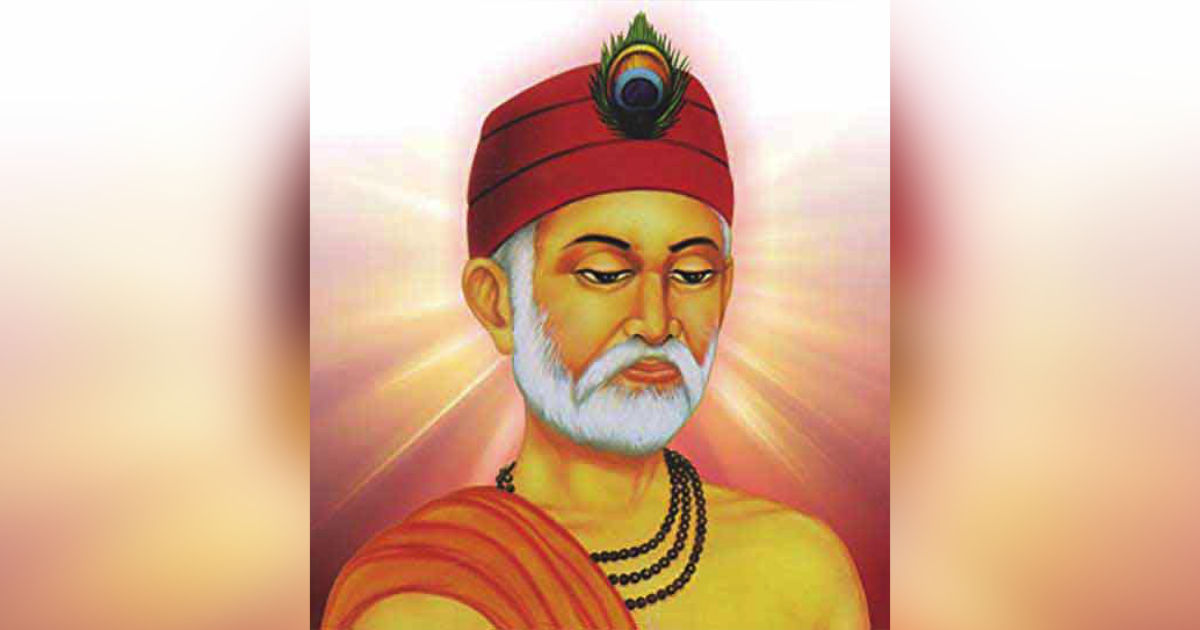Titiksha means patient endurance as a practical approach to ride out the storm of suffering. Swami Yogananda gives some advice on how to face life without becoming emotionally, and mentally disturbed.
He said one must remain balanced while watching how one’s body is affected. Continue reading















